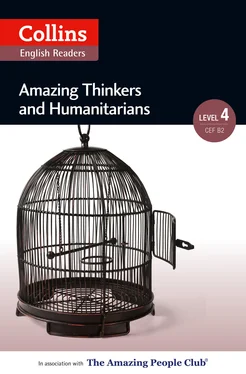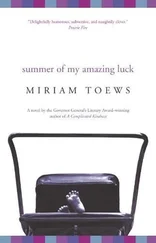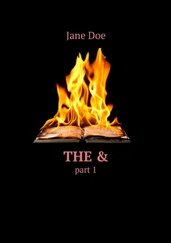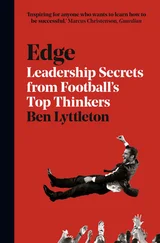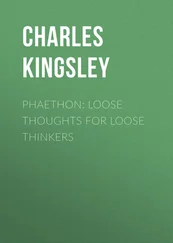Also available online:Make sure that you are reading at the right level by checking your level on our website ( www.collinselt.com/readers/levelcheck).
Confucius CONTENTS Cover Title Page Introduction The Grading Scheme Confucius Socrates Aristotle William Wilberforce Karl Marx Mahatma Gandhi Glossary Keep Reading Конец ознакомительного фрагмента. Текст предоставлен ООО «ЛитРес». Прочитайте эту книгу целиком, купив полную легальную версию на ЛитРес. Безопасно оплатить книгу можно банковской картой Visa, MasterCard, Maestro, со счета мобильного телефона, с платежного терминала, в салоне МТС или Связной, через PayPal, WebMoney, Яндекс.Деньги, QIWI Кошелек, бонусными картами или другим удобным Вам способом. Copyright Конец ознакомительного фрагмента. Текст предоставлен ООО «ЛитРес». Прочитайте эту книгу целиком, купив полную легальную версию на ЛитРес. Безопасно оплатить книгу можно банковской картой Visa, MasterCard, Maestro, со счета мобильного телефона, с платежного терминала, в салоне МТС или Связной, через PayPal, WebMoney, Яндекс.Деньги, QIWI Кошелек, бонусными картами или другим удобным Вам способом. About the Publisher

551 BCE–479 BCE
the great Chinese philosopher
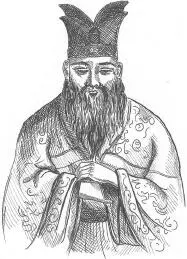
He who learns but does not think is lost. He who thinks but does not learn is in great danger. Real knowledge is understanding that we actually know very little.

I was born a very long time ago – the story of my life was not written down until a long time after my death, so many of the facts are uncertain. But here I will tell you what was believed about my life and the events that shaped my thinking. I was born in China in the summer of 551 BCE – nobody can agree on the exact date and naturally I was too young to remember it myself. I was born in the village of Zou, in the state of Lu, near present-day Qufu in Shandong Province. My father was from an aristocratic family of warriors – brave, experienced fighters – and he died when I was three years old. This is not surprising when you know that he was about forty years older than my mother. Despite his family background, my father left us little money – the family had lost their fortune some time before – and we were often hungry. In Shandong Province, the winters were extremely cold, and just staying alive was difficult at times. I managed to bring in some money by working as a shepherd – looking after sheep – and I also took care of a local farmer’s cows, so we did not starve.
My mother did her best to educate me and she taught me many fine lessons about life. The hours I spent with the animals gave me the chance to think about life and what made it good. I asked myself about how we should live, what was fair and unfair and how people should live together. As I grew older and became a teenager, these questions became all the more important to me. When I was 19 years old, I met a girl called Qi Guan. Within a short time we had got married and by the time I was 20, we had started our family. After the birth of our son, King Li, we went on to have two more children but our marriage was not a happy one. When I was 23, my mother died which affected me deeply for the next three years.
After my mother’s death, I started studying philosophy. Already, one of my ‘life’ questions had been answered – as a family we learnt to understand each other’s emotional needs. However, as I had a wife and children and all the extra costs that came with a family, I had to make sure that our practical needs were met as well as our emotional ones. I needed to make some more money. Because I could read and write, and many people at that time could not, I found a job as a clerk – keeping records and doing the accounts – for the Duke of Lu, the ruler of the state.
Lu was a powerful man who spent every day making decisions about other people’s lives. Some people thought he was fair while others felt that he was against them. According to the way each person had been treated, I saw happiness, sadness and anger in their faces. Understanding how much we are affected by the things that people say and do, I developed my Golden Rule – you should not do to others what you would not like them to do to you. Each day at work, watching how people made decisions, I formed my views. The solutions to the questions that I asked myself were tried and tested each day and people came to respect me. I enjoyed working hard and I tried to be reliable, both of which were noted, and I was promoted.

I lived during what became known as the Spring and Autumn Period in Chinese history. The country consisted of many small states that were constantly fighting for power. Chinese society was going through many changes as traditional values were challenged. There was tension and stress all around me and I wanted to find a way in which we could live in harmony – a state of peaceful cooperation. I had very clear views on how people should behave towards each other. Everyone had a specific place in society and according to where they fitted in, they had different roles to play and had different duties that they were responsible for.
Taking this a step further, I believed that there were five different types of relationships in the world. The first was between ruler and subject – the person living under the authority of the ruler. The second was that between father and son. The third was between elder brother and younger brother. The fourth was between husband and wife, and the last was between friend and friend. Apart from the last type, all the others involved one person having authority over another. The person who was not in the superior position of authority had to obey and respect the person who was, and the one with all the power had a duty to be responsible for and kind to the other. In my language, I called this duty to be a loving person ren .

In 518 BCE, I left my job and spent my time reading and teaching. My aim was to encourage and motivate my students, not just to tell them what was right and wrong. It didn’t matter to me who my students were or what social class they belonged to, I just loved teaching. This was unusual because at that time, education was something only the rich had access to. My approach seemed to be popular because it wasn’t long before I had a large number of followers – people who supported me and believed in what I was saying. I decided to travel to the imperial capital of China, Lo-yang, so that I could learn about the customs and traditions of the empire. Then, in 517 BCE, when I had come back, the state of Lu was involved in war and I left again, along with the Duke of Lu, and went to a neighbouring state called Qi. Here I learnt about music. The next period of my life was spent with my followers and I was also a teacher.
Читать дальше
